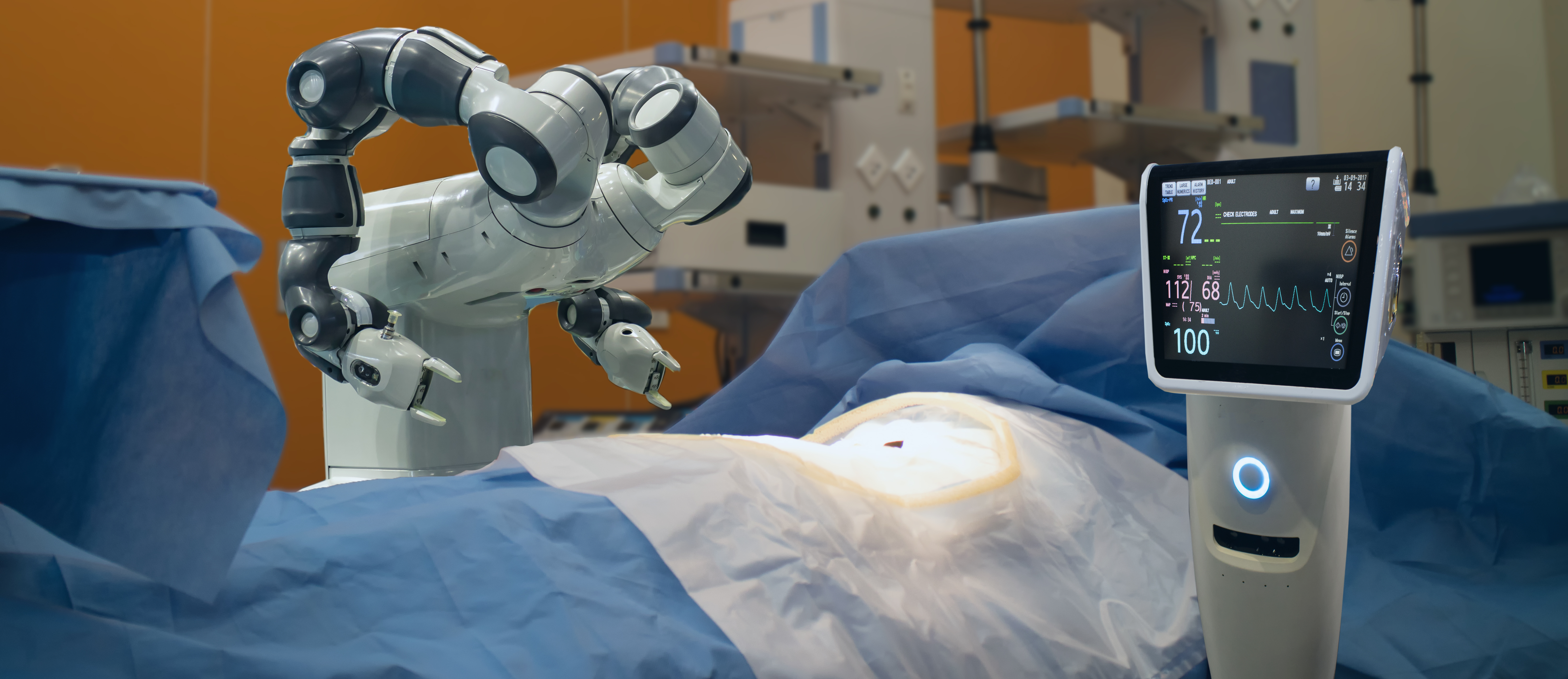
From making baby monitors to tracking the coronavirus may not be as far a technological leap as one might assume.
To wit, a recent article out of India tells the story of three women engineers – Ranjana Nair, Aardra Kannan Ambili, and Sanchi Poovaya – who have been working on AI-based solutions that track breathing patterns.
One of the first products out of their start-up, called RIoT Solutions, was the Raybaby, “possibly the first non-contact sleep and breathing monitor for babies, ” which won several awards at an array of tech expos. Now, says the article, the trio has built a non-contact, Wi-Fi enabled, affordable respiration rate monitor (for coronavirus patients) that can run as mini ICU units.
Dubbed the RayIoT, the unit is a reusable, “plug-and-play” solution in which AI algorithms can help doctors and other health professionals track multiple patients’ respiration rate remotely via an app.
The device needs to be set up at least three feet from a patient, after which it tracks patient breathing rates and sends the data to the app.
“We can track up to five lakh patients at any given point in time. In India, 50 percent of the infected population can be effectively monitored with 10,000 devices,” said Ranjana Nair.
In addition to the respiration sensing module, the article notes, RayIoT is also capable of audio and video streaming, which can be useful in monitoring critically ill patients.
“RayIoT can also be used to effectively monitor patients in home quarantine to provide early indicators of symptoms,” the article adds. For every patient who is coronavirus positive, the startup plans to rent RayIoT to monitor their health for the prescribed quarantine of 14 days.
“Built on a technology that has undergone over 500 hours of clinical trials and seven million breathing instances during fever, asthma, and sleep apnoea, RayIoT is the perfect fit for the gap in the system,” said Ranjana.
She added that there are four vitals that get tracked in an ICU unit when you are monitoring a coronavirus patient – respiration rate, heart rate, blood pressure, and temperature, all of which RayIoT can help monitor. The device’s raytech tracks respiration rate without putting anything on the body from a distance. So, any space can be converted into a clinical setting using affordable, non-contact raytech.
According to the article, the idea of RIoT came to the trio when a celebrity who was converting his 14-room sprawling bungalow into a quarantine facility reached out to them as he needed access to doctors, nurses, and medical equipment to fully equip his quarantine facility.
“We had to come up with a low-cost solution that could monitor the vitals of hundreds of patients at any given point of time and connect to doctors through video when the patients are moving into severe or critical stage. The solution also had to support the government taskforce monitoring the population by providing them a quarantine database,” explained Ranjana.


